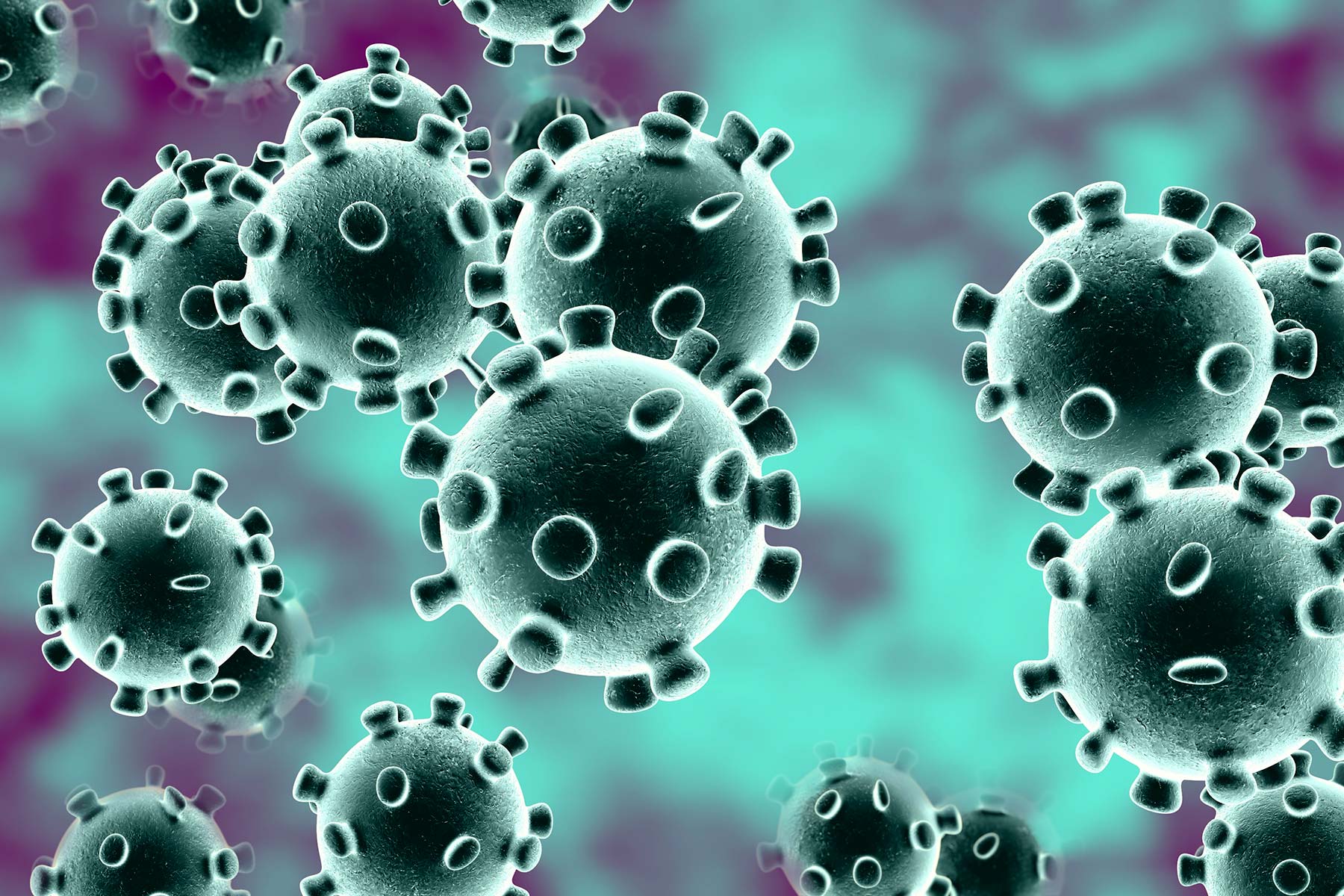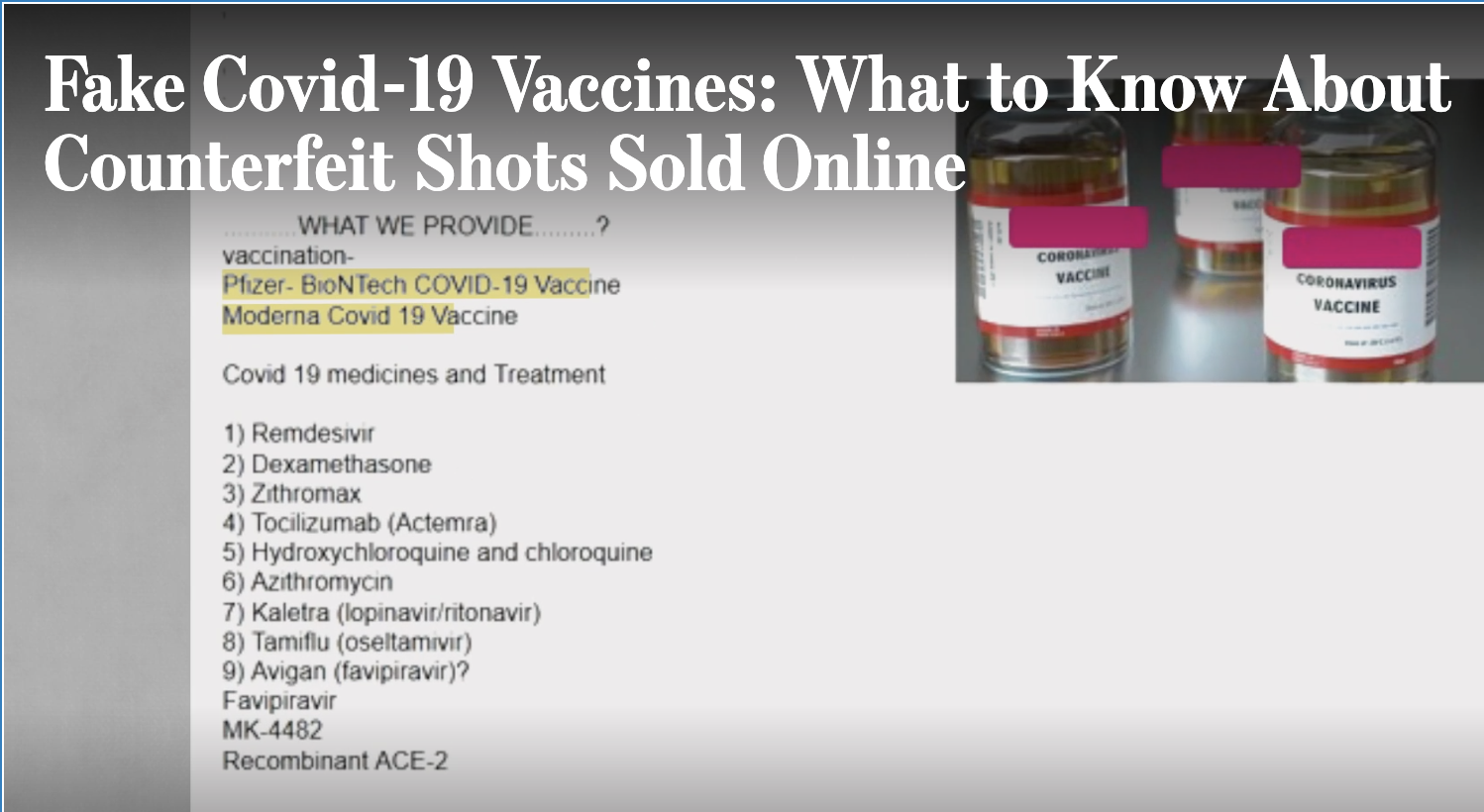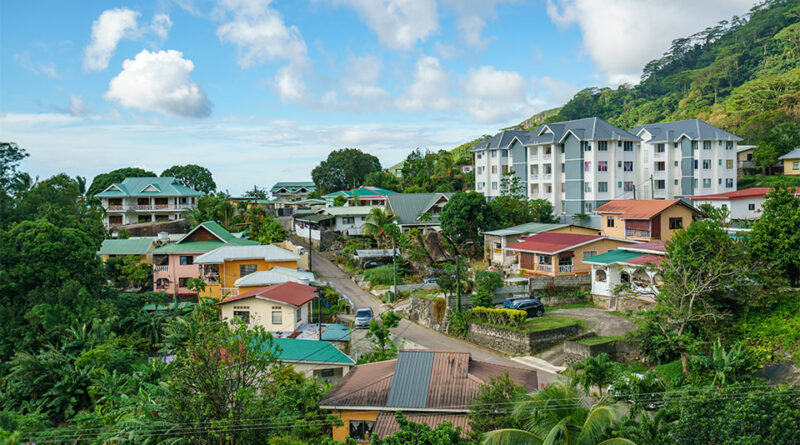The coronavirus pandemic is testing the global boundaries of personal liberty, whether in the world's democracies or autocratic states. This series examines how efforts to stop the disease are expanding government powers — and creating long-term risks.
So...the last article was supposed to be an examination of one conspiracy theory strand: anti-vaccination sentiment in Tanzania, a phenomenon that is relatively new at least in the public conversations. Which is how I got to end it by alluding to an 'unfinished project' in Tanzania and the whole of Africa.
Since then I have recalled and even sought out more instances with similar fears of “They” and “Them” having ill intentions towards Africans through a number of interventions. The most commonly recurring fears centre around sterilisation and suspicion of birth control — not by choice.
Truth be told, medical history confirms these fears are not irrational. As with every part of human history, it is layered and hopeful but it isn't free from problems. Medicine has a dark side — there is evidence of people being subjected to unethical experiments and research, dubious vaccination issues and worse. Disclaimer: this absolutely doesn't mean distrusting or avoiding modern medicine. If anything, it makes it more trustworthy because of that human element.
With this in mind, I honestly looked for the uniqueness of African mistreatment and I found something that, yet again, I did not expect. The people who have died or been tortured for the modern medical sciences that we enjoy are pan-global. For fans of horror, medicine is a surprisingly fertile field. Please take a look at a few stories I managed to scare up that are verifiable by Google: the Tuskeegee airmen and why you should definitely take your antibiotics seriously. The Third Reich — full of nightmare fuel. The Stanford Prison Experiment on violence as part of our nature. Japan 731, which brings all of it together in a world class example of the depths of depravity.
And my goodness, so much stuff done to women over the centuries! Women, and children. With women in particular, the obsession with controlling fertility has always been brutal. Sterilisation programmes that laugh in the face of consent, surgeries, being used for — and this term is nauseating — “breeding” programmes. And then there is the other side, denial of birth control and such. I mean, there's medical history and then there's medical history when it comes to women. A whole different level of horror, as always.
So maybe I should not have been so surprised that when the epidemic started, there was talk of it being a deliberate action. By now we know ourselves quite well. Biological and medical warfare is not exactly the stuff of imagination. Here's the thing though: as I listened to arguments about how Covid-19 was being used to wipe Africans out so that 'They' could take over the continent or whatever, it occurred to me that this was a rather badly designed weapon. The devastation of the disease is as even-handedly brutal across the globe as medical misdemeanour.
If anything, Africa may perhaps have been spared somewhat from its worst ravages so far. Covid-19 and vaccination is not about us being African, why would we make it so?
Maybe it is a matter of self-determination. Where we assign blame we also assign power. Where I thought I was listening to sentiments about the disease, really what was going on was two things: a real gap in knowledge, especially scientific knowledge, and an expression of fear and disempowerment. And for the first time in a while, I thought of Mwalimu Julius Nyerere. In writings about him and his philosophy, whether or not he coined the term, there was a bit of an obsession about self-determination. That's the unfinished project.
A large part of Nyerere's vision for his country's development revolved around literacy. I think he was biased because you know how teachers are always trying to get you to learn something, but upon looking at the issue again there was a subtle message there about what is happening now.
We call this the Age of Information. If you are not informed, you are disempowered. If you are misinformed or disinformed you are compromised. Hm. What did Julius know? Maybe something about reading?
The world is a complicated place, perhaps now more than it has ever been before. When I check the news there's always someone trying to go to space, which is fun if expensive and strange. Or about the control of information, which is less fun and all too real. While trying to make sense of anti-vaxers in Tanzania I also had to consider that we are the country that breeds rats whose job it is to sniff out the most cowardly of weapons, landmines. Yet just a year ago we were a Covid-denying polity. What is this dichotomy about? Information.
I didn’t expect to come out of this with compassion for anti-vax by the way. But I did. Learning has a terrible way of making one reconsider a position, maybe even find compassion and understanding. And it does prompt reflection.
The fear that fuels anti-vaccination sentiment can absolutely be countered by knowledge and information and a belief in one's mastery of the present and the future: namely self-determination. Which is where science fiction comes in...next week. Julius Nyerere, science fiction and anti-vax. Only in The EastAfrican.
Elsie Eyakuze is a consultant and blogger for The Mikocheni Report: E-mail: This email address is being protected from spambots. You need JavaScript enabled to view it.
JOHANNESBURG—On a morning last November, officers from customs and an organized crime unit, backed by two K9 units, raided a small warehouse in an industrial park and seized an alarming new contraband: fake Covid-19 vaccines.
Inside, authorities found around 2,400 doses of illicit vaccine in 400 ampuls hidden in plastic containers in a refrigerator, according to police officials. Counterfeit 3M-branded N95 masks worth almost $450,000 were discovered in a warehouse next door. Both units were leased by a Zambian national who was arrested on-site, along with a Chinese national. Another two Chinese nationals were arrested following further investigation.
The Germiston, South Africa, bust was to date Africa’s biggest public seizure of fake coronavirus vaccinations. African governments, police agencies and health authorities warn it could be just the beginning.
The problem isn’t unique to Africa: Pfizer Inc. said in April it had identified the first confirmed instances of counterfeit versions of the Covid-19 vaccine it developed with BioNTech SE in Mexico and Poland. But concern is particularly acute on a continent that is dramatically lagging behind the developed world in vaccinations, and that is already the world’s largest market for fake medications.
It isn’t clear what was in the shots seized in South Africa. In January, Nigeria’s National Agency for Food and Drug Administration and Control urged the public to be aware of reports that fake vaccines were in circulation that could “cause Covid-like illnesses or other serious diseases that could kill.” Shots seized in Poland contained no key ingredients of the vaccines and included one used in skin-care products.
Read more - WSJ
THE small archipelago nation of Seychelles, northeast of Madagascar in the Indian Ocean, has emerged as the world’s most vaccinated country for COVID-19.

Around 71% of people have had at least one dose of a COVID vaccine, and 62% have been fully vaccinated. Of these, 57% have received the Sinopharm vaccine, and 43% AstraZeneca.
Despite this, there has been a recent surge in cases, with 37% of new active cases and 20% of hospital cases being fully vaccinated. The country has had to reimpose some restrictions.
How can this be happening? There are several possible explanations:
- the herd immunity threshold has not been reached — 62% vaccination is likely not adequate with the vaccines being used
- herd immunity is unreachable due to inadequate efficacy of the two vaccines being used
- variants that escape vaccine protection are dominant in Seychelles
- the B1617 Indian variant is spreading, which appears to be more infectious than other variants
- mass failures of the cold-chain logistics needed for transport and storage, which rendered the vaccines ineffective.
What does the country’s experience teach us about variants, vaccine efficacy and herd immunity?
Let’s break this down.
Variants can escape vaccine protection
There are reports of the South African B.1.351 variant circulating in Seychelles. This variant shows the greatest ability to escape vaccine protection of all COVID variants so far.
In South Africa, one study showed AstraZeneca has 0-10% efficacy against this variant, prompting the South African government to stop using that vaccine in February.
The efficacy of the Sinopharm vaccine against this variant is unknown, but lab studies show some reduction in protection, based on blood tests, but probably some protection.
However, no comprehensive surveillance exists in the country to know what proportion of cases are due to the South African variant.
The UK variant B117, which is more contagious than the original strain, became the dominant variant in the United States. But the US still achieved a dramatic reduction in COVID-19 cases through vaccination, with most people receiving the Pfizer and Moderna vaccines.
Israel, where the UK variant was dominant, also has a very high vaccination rate, having vaccinated nearly 60% of its population with Pfizer. It found 92% effectiveness against any infection including asymptomatic infection, and Israel has seen a large drop in new cases.
The United Kingdom has used a combination of Pfizer and AstraZeneca vaccines. More than 50% of the population have had a single dose and almost 30% are fully vaccinated. The country has also seen a significant decline in case numbers.
But there’s a current surge of cases in northwest England, with most new cases in the city of Bolton being the Indian variant. This variant is also causing outbreaks in Singapore, which had previously controlled the virus well.
Seychelles needs to conduct urgent genome sequencing and surveillance to see what contribution variants of concern are making, and whether the Indian variant is present.
If the South African variant is dominant, the country needs to use a vaccine that works well against it. Many companies are making boosters targeted to this variant, but for now, Pfizer would be an option. In Qatar, local researchers found Pfizer had 75% effectiveness against the South African variant.
We need to use high-efficacy vaccines to achieve herd immunity
The reported efficacy of Sinopharm is 79% and AstraZeneca is 62-70% from phase 3 clinical trials.
Our research at the Kirby Institute showed that, in New South Wales, Australia, using a vaccine with 90% efficacy against all infection means herd immunity could be achieved if 66% of the population was vaccinated.
However, using lower efficacy vaccines means more people need to be vaccinated. If the vaccine is 60% effective, the proportion needing to be vaccinated rises to 100%.
When you get an efficacy of less than 60%, herd immunity is not achievable.
However, these calculations were done for the regular COVID-19 caused by the D614G variant which dominated in 2020. This has a reproductive number (R0) of 2.5, meaning people infected with the virus on average infect 2.5 others.
But the B117 variant is 43-90% more contagious than D614G, so the R0 may be up to 4.75. This will require higher vaccination rates to control spread.
What’s more, the Indian variant B1617 has been estimated to be at least 50% more contagious than B117, which could take the R0 to over 7, and takes us into uncharted territory.
This could explain the catastrophic situation in India, but also raises the stakes for vaccination, as lower efficacy vaccines will not be able to contain such highly transmissible variants effectively.
Herd immunity is still possible, but depends on the efficacy of the vaccine used and the proportion of people vaccinated.
A UK modelling study found using very low efficacy vaccines would result in the economy barely breaking even over ten years because it would fail to control transmission. On the other hand, using very high efficacy vaccines would result in much better economic outcomes.
Vaccinating the world is the only way to end the pandemic
As the pandemic continues to worsen in some parts of the world, the risk increases of more dangerous mutations that are vaccine-resistant or too contagious to control with current vaccines.
Keeping up with mutations is like whack-a-mole while the pandemic is raging.
The take-home message for our pandemic exit strategy is that the sooner we get the whole world vaccinated, the sooner we will control emergence of new variants.
Source - The African Mirror




